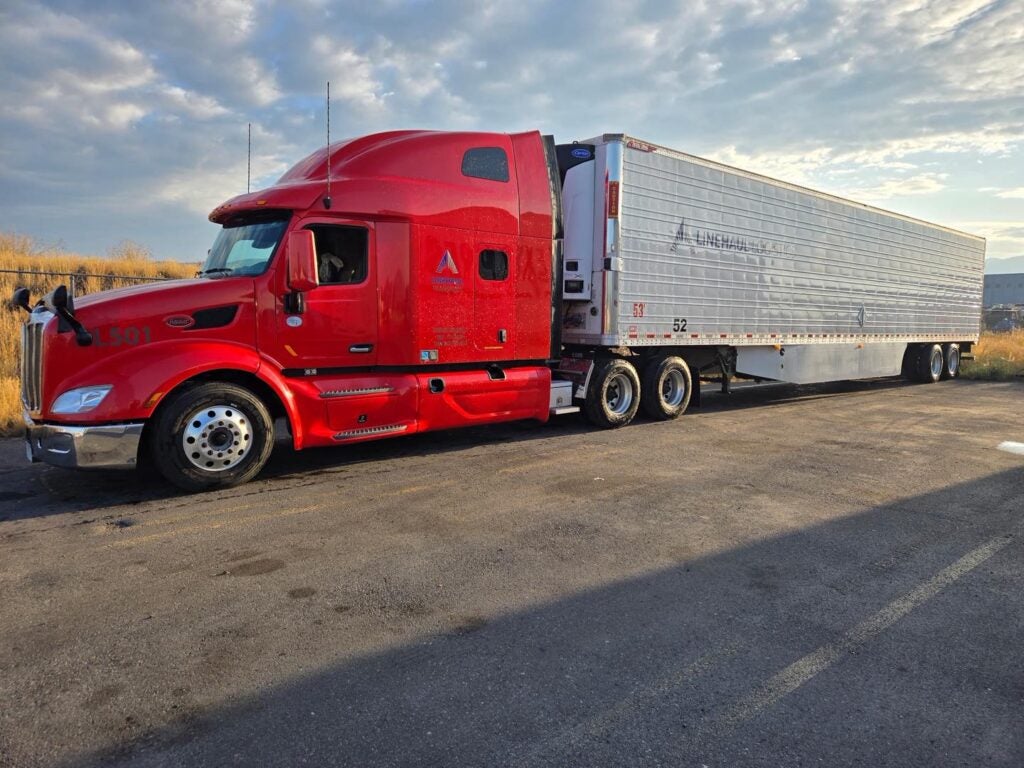With the New Year came new rules. Unlike those pesky New Year’s resolutions, you don’t want to ignore your new obligations under the California Air Resources Board (CARB.) As of January 1, brokers and other freight forwarders are required to verify that reefer trucks hauling for them in California have CARB-compliant Transport Refrigeration Units (TRU.)
That means that if you are hiring, or contracting with, a carrier to transport perishable goods through California, you must:
1. Require the carrier you hire, or contract with, to use only CARB-compliant TRUs.
2. Provide your contact information to the carrier so that drivers can present it to enforcement personnel upon request.
Regardless of where your business is located, these requirements apply to every broker or freight forwarder that hires a carrier to transport reefer freight within the state of California.
Follow these tips to make sure your carriers are compliant:
1. If you are advertising your load on DAT Load Boards, specify in the Comment section that the load requires a CARB-compliant TRU to transport through California.
2. Ask carriers to provide proof of compliance, such as the California’s Air Resources Board Equipment Registration (ARBER) certification page: (See Figure 1, below.)
3. Check CARB’s public databases to verify a carrier’s compliance. There are two lists:
a. Carriers that are 100% compliant: https://arber.arb.ca.gov/publicTCCReports.arb
b. Compliance status for the TRU itself: https://arber.arb.ca.gov/publicTruSearch.arb
4. When drafting the contract for a load that will go through California, include language that requires the carrier to use CARB-compliant equipment. Have the carrier initial or sign that statement.
5. Document the steps you took to verify that the carrier was required and confirmed to use a CARB-compliant TRU.
6. Maintain your own database of carriers with verified CARB-compliant TRUs, and remove all other carriers from the database until they can demonstrate compliance.

Figure 1: Sample of a compliance certification from the California Air Resources Board, issued to Wile Y. Coyote.
California-based brokers and freight forwarders have additional obligations under CARB. If you maintain an office or other facility in California, you must also require that the carrier you hire has reported to CARB, or is in compliance with the Tractor-Trailer Greenhouse Gas (GHG) Regulation. The GHG rules apply to all power units, not just reefer trailers.
In addition to verifying TRU compliance for reefers, in-state brokers must verify GHG compliance for all trucks domiciled in California. This is a two-step process:
1. Check CARB’s public database of the fleets that have reported compliance: http://www.arb.ca.gov/msprog/onrdiesel/tblookup.php
2. Obtain a copy of the certificate that confirms the carrier has reported to CARB. (See Figure 2, below.)

Figure 2: If you maintain an office or other facilities in California, you must verify that your carriers comply with Greenhouse Gas (GHG) regulations of the California’s Air Resources Board (CARB.) Ask for a copy of the carrier’s certificate. You may also want to adapt your contracts to include a commitment to CARB compliance. Ask your attorney or TIA for sample contracts.
If you have additional questions about your CARB compliance responsibilities, please type them in the space below, and I will do my best to answer.

Remember, if Wile E. Coyote can get CARB certification, your carriers can too! (Image credit and copyright: Warner Bros. Original image found on Animation World Network.)


